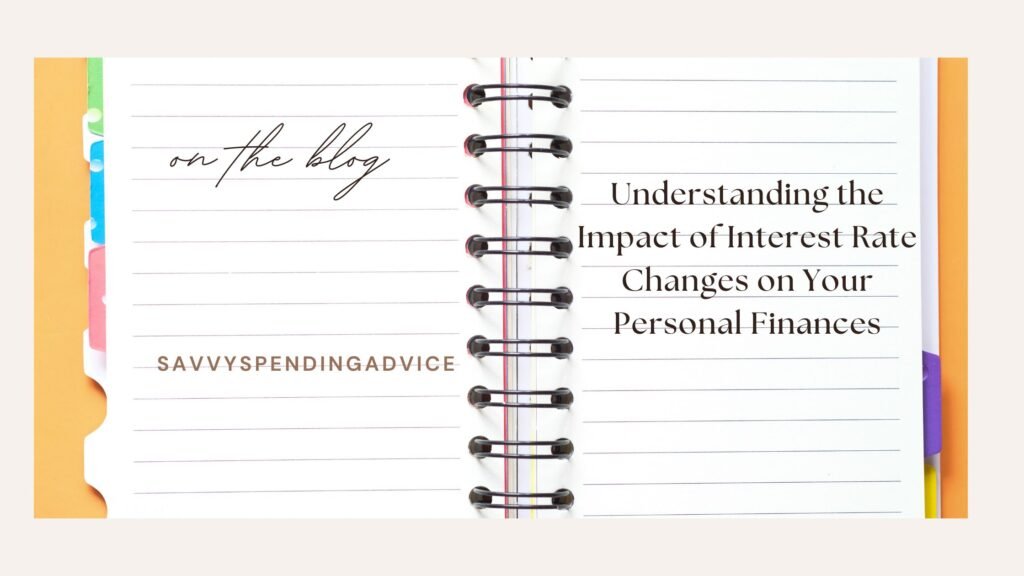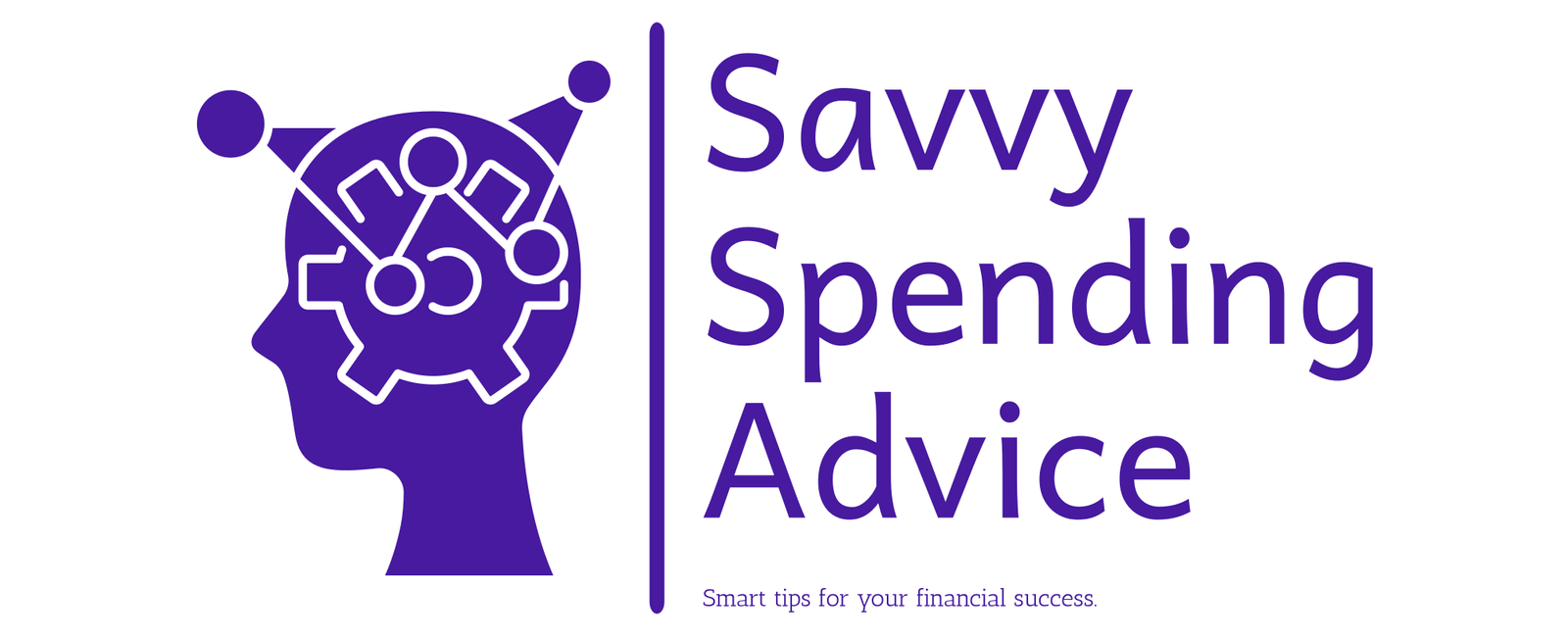
Interest rates play a crucial role in shaping the economy, influencing everything from mortgage payments to credit card debt and savings accounts. Even small changes in interest rates can have a significant impact on your personal finances. Whether you’re a borrower, saver, or investor, understanding how interest rates affect your money can help you make smarter financial decisions.
What Are Interest Rates and Why Do They Change?
Interest rates represent the cost of borrowing money or the return on savings and investments. Central banks, such as the Federal Reserve in the U.S., adjust interest rates to control inflation, stimulate economic growth, or stabilize the financial system.
Factors That Influence Interest Rate Changes:
✔ Inflation: When inflation rises, central banks may increase interest rates to slow down excessive spending.
✔ Economic Growth: Strong economic growth may lead to higher interest rates, while slower growth can result in rate cuts.
✔ Government Policies: Fiscal and monetary policies impact the direction of interest rates.
How Interest Rate Changes Affect Your Finances
1. Mortgage and Loan Payments
📉 When interest rates decrease: Borrowing becomes cheaper, leading to lower monthly mortgage or loan payments. Refinancing at a lower rate can save you thousands.
📈 When interest rates increase: Loan payments become more expensive, making homeownership and large purchases less affordable.
💡 Pro Tip: If you have a variable-rate mortgage or auto loan, consider switching to a fixed-rate loan to protect against rising interest rates.
2. Credit Card Debt and Personal Loans
📉 Lower interest rates: Credit card companies may offer lower APRs, reducing the cost of borrowing.
📈 Higher interest rates: Carrying a credit card balance becomes more expensive, increasing your debt burden over time.
💡 Pro Tip: Pay off high-interest debt as quickly as possible or transfer balances to a lower-interest card before rates increase.
3. Savings Accounts and Investments
📉 When interest rates drop: Savings account yields decrease, reducing passive income from bank deposits.
📈 When interest rates rise: Savings and fixed-income investments, such as bonds, become more attractive due to higher returns.
💡 Pro Tip: Consider diversifying your portfolio to include assets that perform well in different interest rate environments, such as stocks and real estate.
4. Stock Market Performance
📉 When interest rates increase: Stock prices may drop as borrowing costs rise and business profits shrink.
📈 When interest rates decrease: The stock market often rallies, as companies can borrow money more affordably and consumers have more spending power.
💡 Pro Tip: Stay invested for the long term, and rebalance your portfolio to align with changing economic conditions.
What Should You Do When Interest Rates Change?
✔ Monitor your loans: If rates are rising, lock in lower rates on mortgages and personal loans where possible.
✔ Adjust your savings strategy: Move money into higher-yield savings accounts or fixed deposits if interest rates are increasing.
✔ Stay disciplined with debt: Avoid taking on unnecessary debt, especially when rates are climbing.
✔ Diversify your investments: Balance your portfolio with assets that perform well in both low and high-rate environments.
Final Thoughts
Interest rate changes can have both positive and negative effects on your financial health. By staying informed and adjusting your financial strategies accordingly, you can minimize risks and maximize opportunities.
💡 Want to stay ahead of financial trends? Subscribe to SavvySpendingAdvice.com for expert money management tips and updates on economic changes!
